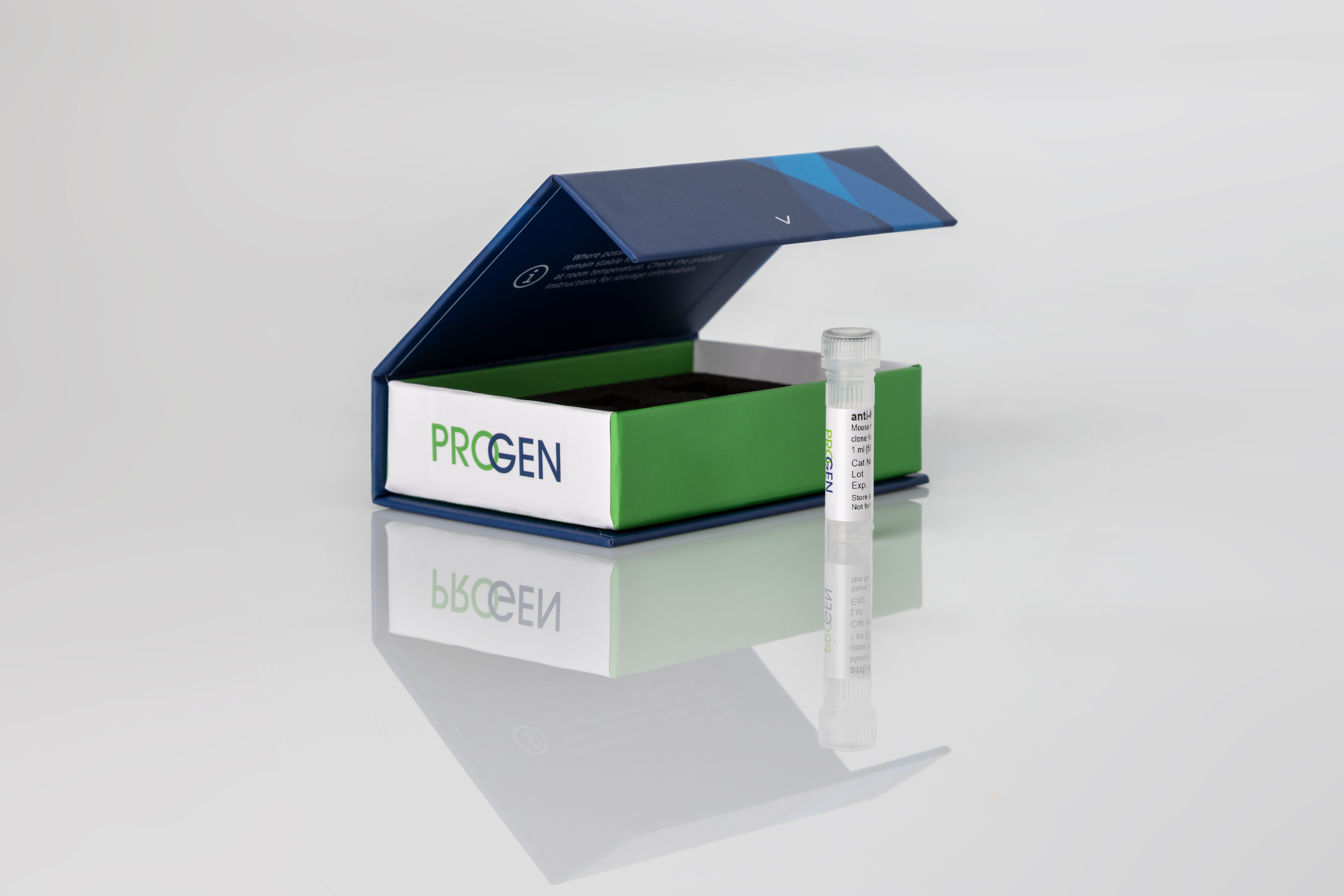anti-Drebrin guinea pig polyclonal, serum
- Guinea pig polyclonal
- Suitable for ICC/IF, IHC, IP and WB
- Reacts with bovine, human, mouse and rat
Product description
| Quantity | 100 µl |
|---|---|
| Antibody Type | Polyclonal |
| Host | Guinea pig |
| Conjugate | Unconjugated |
| Application | ICC/IF, IHC, IP, WB |
| Purification | Stabilized antiserum |
| Reactivity | Bovine, Human, Mouse, Rat |
| Storage | Short term at 2-8°C; long term storage in aliquots at -20°C; avoid freeze/thaw cycles |
| Intended use | Research use only |
| Immunogen | Synthetic human peptide (aa 324-343) coupled to KLH |
| Formulation | Contains 0.09% sodium azide and 0.5% BSA |
| UniprotID | A1L5A7 (Bovine),Q16643 (Human),Q9QXS6 (Mouse),Q07266 (Rat) |
| Synonym | Drebrin, Developmentally-regulated brain protein, DBN1, D0S117E |
| Note | Centrifuge prior to opening |
Applications
| Tested applications | Tested dilutions |
|---|---|
| Immunocytochemistry (ICC)/ Immunofluorescence (IF) | Assay dependent |
| Immunohistochemistry (IHC) - frozen | 1:100 |
| Immunohistochemistry (IHC) - paraffin | 1:100 (microwave treatment recommended) |
| Immunoprecipitation (IP) | Assay dependent |
| Western Blot (WB) | Assay dependent |
Background
The antiserum specifically reacts with drebrin isoforms E2 and A, widespread actin-associating proteins of 70 kD (SDS-PAGE mobility shows Mr 120,000). Drebrin has originally been described only in neuronal cells, but has been recently found also in the actin-rich lamellipodia and filopodia of motile cells. It is enriched at junctional plaques, defining a specific microfilament anchorage system in polar epithelial cells. Positive staining was found in many tissues, including diverse epithelia and carcinoma (e.g. in epidermis basal cells are positive, whereas overlying cells are negative; also positive: regenerating epithelium during wound healing; basal cell carcinoma; skin melanoma), specific types of endothelia and smooth muscle; especially prominent in the mesangial cells of renal glomeruli and in the Sertoli cells of testis. Also positive: epithelia of hair follicles and eccrine sweat glands. Consistently negative were, however, hepatocytes and cross-striated muscle.
Reactivity on cultured cell lines: PLC, U333, HUVEC, HaCat, HeLa, MCF-7, SV-80; B1; B16 (mouse melanoma cells).
References/Publications (1)
Downloads
Q & A's
Customer Reviews
Login
FAQs
- PVDF membranes show better results than nitrocellulose (higher capacity, allows for more stringent washing conditions in case of background problems).
- Use freshly prepared blocking solution (e.g. 5% nonfat dry milk, 0.05% Tween 20), block for at least 1 h at room temperature.
- Use the antibody in a higher dilution, but prolong incubation time and exposure time.
- Always use a fresh aliquot of the antibody.
- Do not repeatedly freeze the antibody (eventually centrifuge shortly after thawing to remove cryo-precipitates).
- Include an additional washing step.
You might also try more stringent wash conditions, e.g. add 0.5 M NaCl to the wash buffer. - Always use a fresh aliquot of secondary antibody.
- In case you use ECL most the guinea pig antibody should be diluted further in order to get rid of the background.
The supernatant format contains FCS proteins from cell culture medium supplemented with FCS.
The serum antibodies contain other proteins present in serum.
Most of our liquid antibodies and reconstituted lyophilized antibodies may be stored for short term storage (up to 3 month) at 2-8°C. For long term storage we recommend to store the antibody at -20°C in aliquots. Please avoid freeze and thaw cycles.
Most of our conjugated antibodies should be stored at 2-8°C.
The individual storage conditions are mentioned on the datasheet.
In guinea pigs the antibody concentration in serum varies from 10 to 20 mg/ml; specific antibodies represent normally about 0.1-1% of total IgG. Total protein concentration varies from 40 to 65 mg/ml, with the main constituent (about 60%) being albumin.


